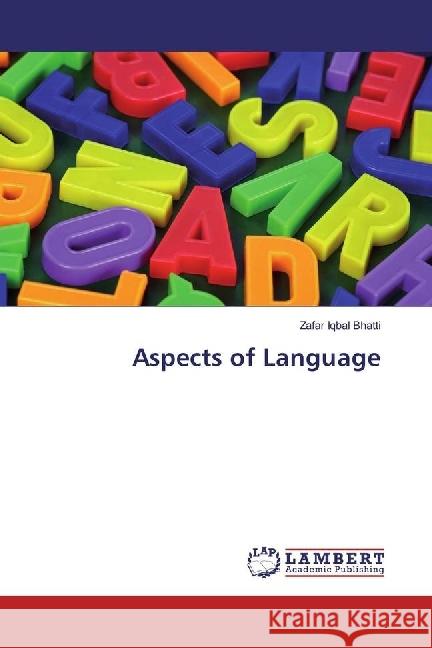Aspects of Language » książka
Aspects of Language
ISBN-13: 9783659679827 / Angielski / Miękka / 2016 / 132 str.
Language is the human ability to acquire and use complex systems of communication, and a language is any specific example of such a system. The scientific study of language is called linguistics. Depending on philosophical perspectives regarding the definition of language and meaning, when used as a general concept, "language" may refer to the cognitive ability to learn and use systems of complex communication, or to describe the set of rules that makes up these systems, or the set of utterances that can be produced from those rules. Estimates of the number of languages in the world vary between 5,000 and 7,000. However, any precise estimate depends on a partly arbitrary distinction between languages and dialects. Natural languages are spoken or signed, but any language can be encoded into secondary media using auditory, visual, or tactile stimuli - for example, in graphic writing, braille, or whistling. Human language has the properties of productivity, recursivity, and displacement, and relies entirely on social convention and learning. Its complex structure affords a much wider range of expressions than any known system of animal communication.











